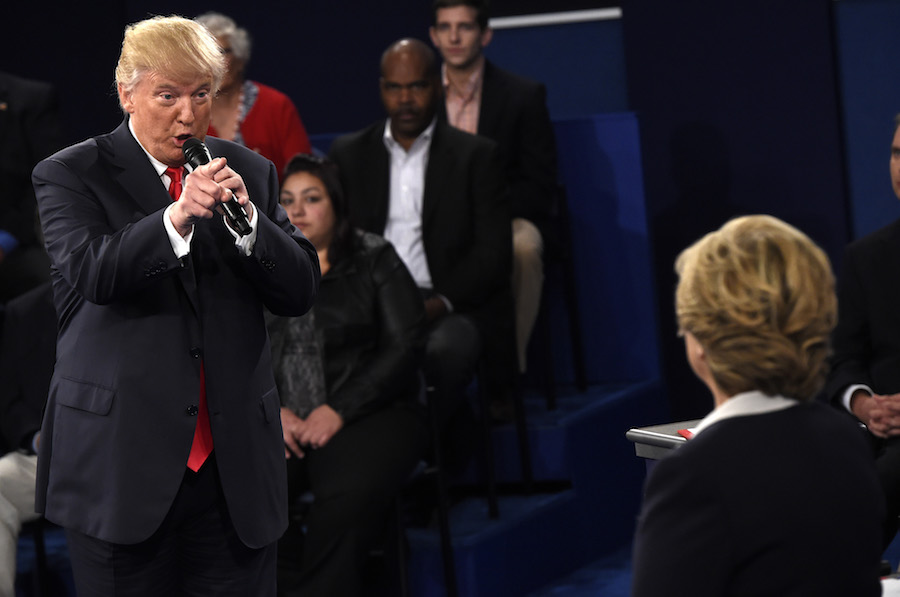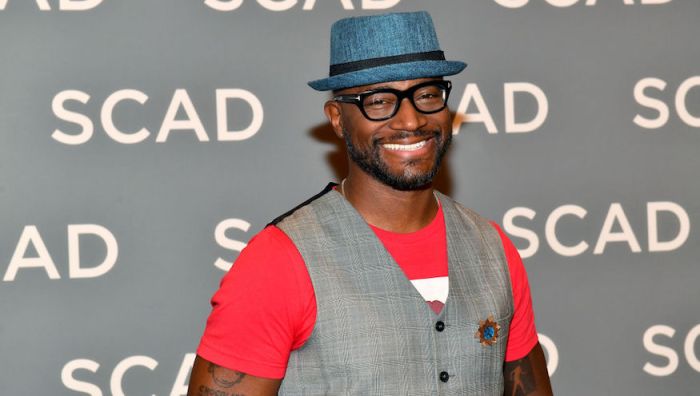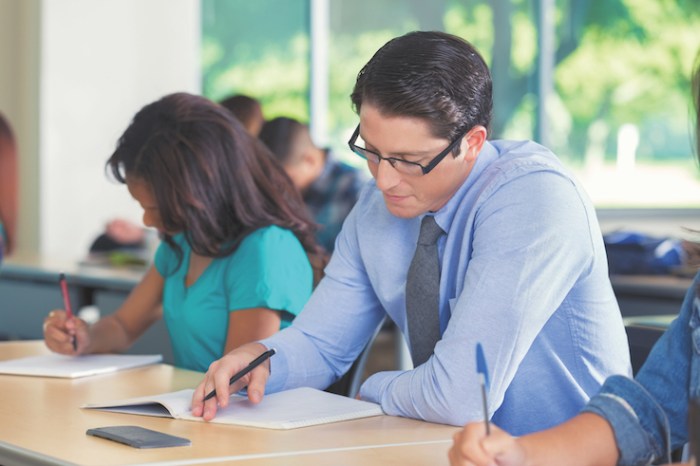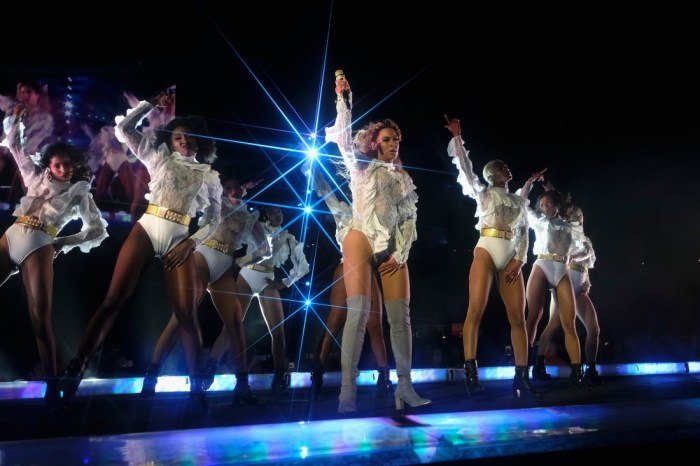Exactly a year ago, when Donald Trump was still trying to curry favor with GOP establishment, he made a gesture of interest in education.
“Nothing (is) more important than higher education and education in general,” he said on Nov. 11, 2015. Yet in following year, the young, impressionable minds of America seemed the least of his concerns. After winning the Nevada primary in February, Trump even told the raucous crowd “I love the poorly educated.”
Election season once provided abundant teaching moments and gateways into academic topics, but the current presidential race has posed an unusual assortment of challenges, say teachers from several states. As media coverage is swamped with reports of candidate misbehavior—whether it’s emails or sexual misconduct—and strikes at racial and ethnic sensitivities, teaching this election is a minefield for educators. “They see the candidates acting more like high school kids, not like adults, they’re like, ‘Hey wait a minute, I get in trouble for that, why don’t they?” Michael J. Maguire of the Boston Latin Academy told Metro. “I don’t bring [the election] up because I have my opinion and they have theirs and that’s not my job to impart that but when it comes up, because it does, we talk about Roman politics, Greek politics,and the kids say oh it’s like when, fill in the blanks for what a candidate did,” said Maguire, who teaches 9th and 12 grade Latin. In a Teaching Tolerance survey of 2,000 teachers, 40 percent reported hesitance to teach about this election. The study also found that two thirds of immigrants and Muslim students expressed to their teachers concerns about what might happen to them or their families after the election; more than one-third of teachers observed an increase in anti-Muslim or anti-immigrant sentiment, and more than half have seen an increase in “uncivil political discourse,” a phenomenon the study termed “the Trump effect.” “Now it’s even hard to talk about the election. ‘Did you hear what Trump said?’ You’re almost afraid to address it,’” Allen Malachowski, an elementary school teacher in Lansdale, Pennsylvania, told Metro. “We spend a lot of time with bully prevention, helping students to recognize it, what does it look like, how do you handle it when you see it,” he said, adding that the North Penn School District has been dedicated to a 10-year anti-bullying initiative. “Those rules are going out the window in our public discourse, the way the candidates speak to each other.” Frequently, teachers are forced to undo the damage and correct the misinformation they are getting from all angles.
“Our kids tend to believe everything they hear and read and it isn’t always from news. They are still getting their news from YouTube and Facebook,” and take it for face value, said Joshua W., who teaches at a charter high school in New York. “I spend a lot of time debunking myths.”
As for positive role models, neither Trump nor Clinton are measuring up to Barack Obama, said Alexander Paolano, an 11th grade history teacher at New Castle County Vocational Technical School outside Wilmington, Delaware. “It’s not just Donald Trump. It’s both of them,” said Paolano, who is a lifelong Republican. “Barack Obama to them was so inspiring. And now they’re stuck with this. There’s a let-down now for a lot of them.” Sam Newhouse, Kristin Toussaint and Kimberly M. Aquillina contributed to this report.
Election 2016 is a minefield in the classroom, teachers tell Metro



















